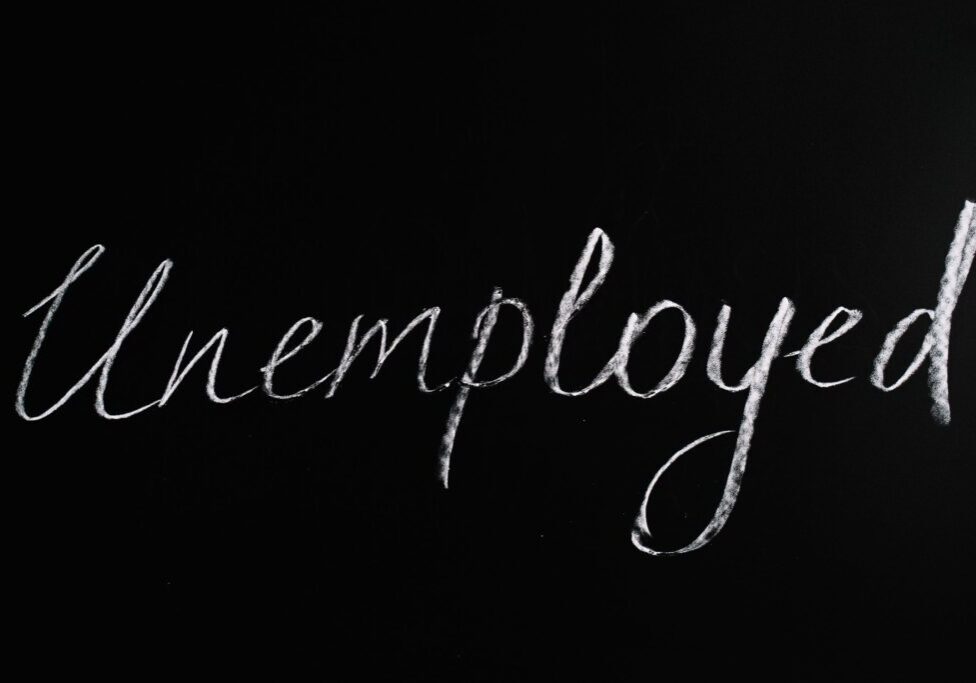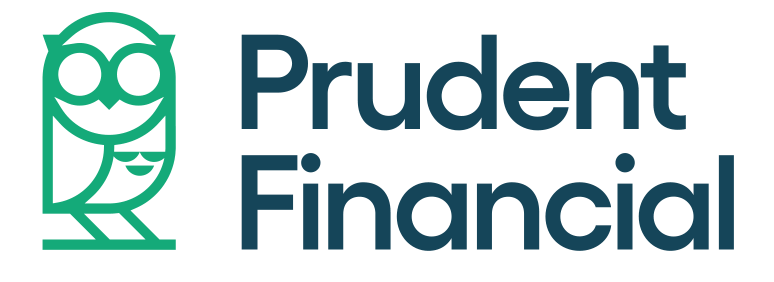
Covid-19 has been a challenge for most over the last 9 months. Some businesses have thrived if they are a service that is curbside capable. But many have not. CTV reported recently that 1 in 7 stores are not expected to survive the pandemic.
You personally may have been effected. You may have had your hours cut back or been laid off altogether.
What does one do when you have ongoing expenses and no money coming in? Here are some suggestions to help you stem the tide while we all wait for the cavalry (vaccines) to arrive in 2021.
Your Budget
Your budget is the first place you should start. If you’re comfortable with computers open an excel sheet as it automatically ads up columns. Figure our your month to month expenses. Look at necessary and unnecessary expenses and determine what absolutely has to be maintained. That online magazine subscription you only read casually may be the first to go. Streaming services like Netflix are probably considered essential as households entertain and look for escapes from all the negative stories. Break your expenses down into Essentials and Non-essentials.
Essentials:
- Housing
- Food
- Basic utilities like water, hydro and internet. Car payments
Non-essentials
- Entertainment. Some entertainment is necessary but do you need all of those streaming services when you mostly only watch one?
- Take-out coffee / food. If you can make it at home for a fraction of the price it’s a great way to stretch a dollar.
- Pre-scheduled savings plans. You can always resume the automatic with-drawl savings plan when times improve after the pandemic.
Get Advice
Reach out to those in your financial world already. If you have a financial planner, or a bookkeeper, ask his/her advice on what funds you might have access to that would create the least harm to your savings. You want to access savings that will result in the fewest penalties.
TFSA, RRSP or other Emergency Accounts
For some, a TFSA (tax free savings account) may be a luxury that you haven’t been able to afford. But if you have contributed to a TFSA account, this would be a good place to start when borrowing emergency funds to tide you over until better times arrive. Another option is your RRSP. We all think this is for when you retire, but in circumstances and times such as these, it is an option.
Rule of Thumb for withdrawing from your RRSP (Registered Retirement Savings Plan)
Your financial institution will hold back an amount for tax and they will pay it directly on your behalf to the government. It’s referred to as a withholding tax. In Canada the rate is 10% if you take out up to $5,000 and 20% if you take out between $5,001 and $15,000. If you take out more than $15,000, the tax is a big deterrent as it goes up to 30%. Be careful because the amount you withdraw is considered taxable income so you may have to pay more tax than the amount withheld, depending on your tax situation and your total income.
Rule of Thumb for withdrawing from your Tax Free Savings Account (TFSA)
- A plus is that the amount you withdraw will be added to your contribution room the following year. For example, if you withdrew $15,000 from your TFSA in April of this year, that amount will be tacked on to your new TFSA contribution limit for January 2021. Your limit for 2021 would be $21,000. That takes into account the $15,000 you withdrew plus the newly acquired contribution room of $6,000. Of course you can also use any unused amounts from previous years.
Putting off Payments
You may have already investigated programs put out by the Canadian banks that allowed you to defer mortgage payments. Estimate generously how long you think you’ll need to extend your payments, but make sure you have some wiggle room to speed up those payments, in case you find yourself employed and in a better financial position than you thought you’d be in 2021.
Maximize your Assets
If you own a home, you may want to lean on your line of credit to pay down high interest credit cards. Look at your interest rates and use your assets to your best advantage.
Learn about the latest Government Programs
Because this has been such an up and down year, with mostly downs, the Canadian government has created programs to assist in situations that absolutely required it. Funds for individuals and money for struggling businesses has been made available. Check this link for the latest information.
Non-Bank Lenders
In situations where the bank is not an option, companies like Prudent Financial specialize in assisting Ontarians. Being one of the top equity lenders in the Greater Toronto Area, one of the Prudent loan officers can recommend what type of equity loan would be best to help bridge you until your situation improves. You can reach us at (416)223-9300 for more information.
Brighter days Ahead
We’re all being optimistic that the vaccines will create some normalcy in the new year and stabilize the job situation. We’re looking forward to a brighter, more prosperous 2021.
